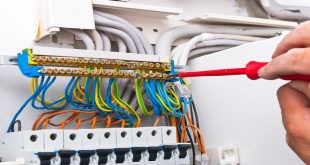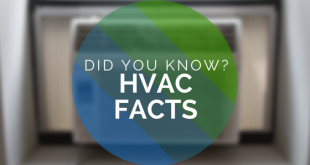You should ensure that you receive and keep the paperwork for all completed electrical installation work and periodic inspection and testing. All certificates and reports should include schedules of inspections and test results.
The type of certification or report you receive depends on the extent and type of electrical installation condition report, or inspection and testing, that you have had carried out.
Electrical certification for new installations, alterations or additions
Electrical Installation Certificates (EICs) and Minor Electrical Installation Works Certificates (MEIWCs) provide you, as the person responsible for the safety of an electrical installation, with a declaration that the new installation, or alteration or addition, is safe to use at the time it was put into service.
Keeping hold of these certificates also provides a basis for any further inspection and testing, as they can help save on costly exploratory work which might otherwise be needed in future. Additionally, in the event of a claim that injury or fire was caused by an electrical installation report, certificates are documentary evidence which help show that the installation had been installed to a satisfactory standard of safety.
The EIC will indicate whether the electrical work that has been carried out is:
- New – where the whole installation has been installed as new, if a complete rewire has been carried out.
- Addition – applies if an existing installation has been modified by adding one or more new circuits.
- Alteration – applies where one or more existing circuits have been modified or extended (for example to add a socket), or items such as a consumer unit (fusebox) and switching equipment have been replaced.
An EIC must be issued for all new electrical installations report. It may also be required for an alteration or addition to the installation – depending upon whether or not a new circuit has been installed. Where an alteration or addition is carried out but does not include a new circuit, a MEIWC or an EIC may be used.
You should always use a registered contractor who will issue the correct certification for the work they undertake. To find an NICEIC registered contractor, use our Find Contractors search facility.
 Universal Bloggers
Universal Bloggers






